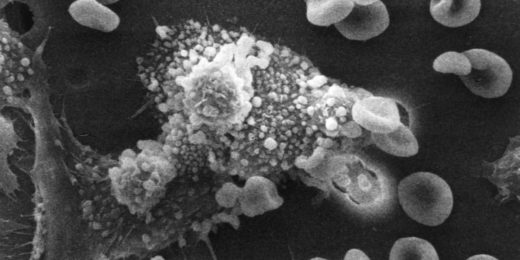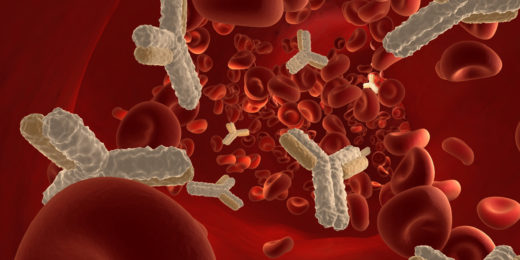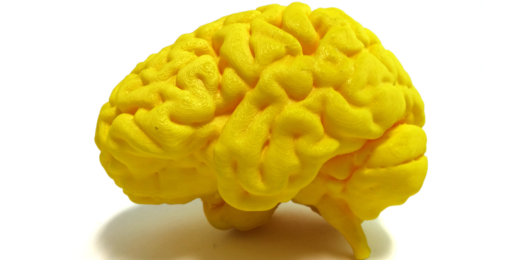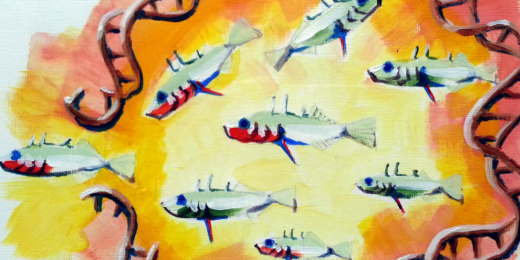Stanford researcher Eleni Linos turned to social media to see if it was a more effective way to spread information about skin cancer and tanning to youth.
Author: Krista Conger
Microbes pepper our tissues with mysterious tiny proteins likely to affect health
The bacteria in our gut make tiny, previously unidentified proteins that could shed light on human health and advance drug development.
“I did what I came to do”; neurosurgeon/researchers use career pivot to develop potential brain cancer drug
Frustrated by the poor options for their patients, two neurosurgery residents left to study basic science at Stanford, developing a drug for brain tumors.
Sports stats may help cancer clinicians predict outcomes
Stanford clinicians take their cue from sports and election predictions to calculate an "in-game probability" of success when treating cancer patients.
“Born to be bad” — some cancers spread before detection
Many metastatic colorectal cancers appear "born to be bad," spreading to other organs before any diagnosis has been made, say Stanford researchers.
Stem cell medicine gets a go-to guide citing proven findings
A state-of-the-field review of stem cell research by Stanford's Helen Blau reveals their promise & exposes problems in the path to clinical applications.
E-cigarette flavors may boost risk of heart disease
E-cigarette flavorings are harmful to blood vessel cells even in the absence of nicotine. The flavors of cinnamon and menthol are particularly dangerous.
Lab-grown heart cells reveal secrets of “kissing bug” disease
Stanford researchers are using lab-grown heart cells to investigate how Chagas disease, which is spread by "kissing bugs," affects heart health.
More genetic testing needed for ovarian cancer patients, new research suggests
The prevalence of genetic testing in the United States falls short of the recommended guidelines for women with ovarian cancer, new research indicates.
Breast cancer recurrence, location predicted by molecular data
Molecular data identifies breast cancer subgroups likely to recur decades after successful treatment, predicts probable timing and location of metastases.
Anti-CD47 antibody trial in advanced cancers shows treatment appears safe, well-tolerated
An antibody against the "don't eat me" signal on cancer cells appears safe and well-tolerated by patients with advanced cancers. A phase 2 trial is planned.
Nicotine’s effect on the developing embryo studied in new model
Using human embryonic stem cells to study nicotine's effect in development shows defects in cellular communication and longevity, say Stanford scientists.
Avoiding invasive treatment in dying patients may not shorten lifespan
Withdrawing or withholding invasive medical treatments to keep very ill patients in the ICU comfortable and communicative may not hasten their death.
Bone marrow transplants may be possible without toxic pre-treatment, new research suggests
Antibody-based hematopoietic stem cell transplants may transform the treatment of patients with blood and immune diseases including cancers.
“Scientific serendipity” identifies link between type of RNA and autism
Long non-coding RNAs are important but poorly understood regulatory elements. Now Stanford scientists have uncovered they play a role in autism.
Fragile DNA key to evolutionary leaps, say Stanford scientists
Fragile DNA may be key to major evolutionary changes in species as diverse as fish and humans, Stanford researchers believe
















